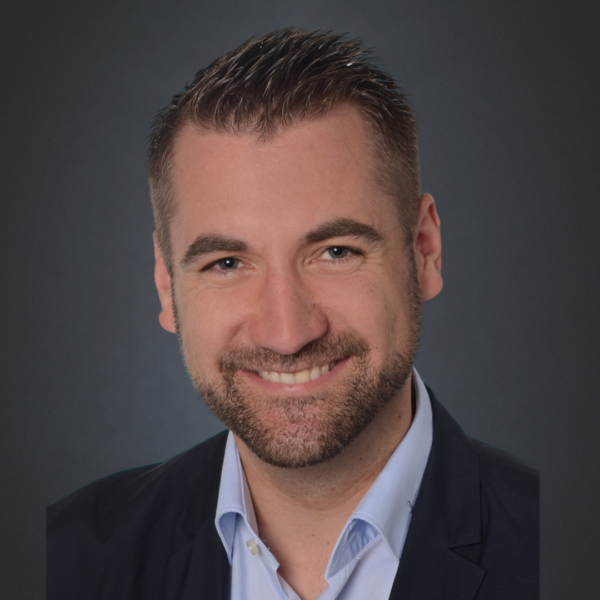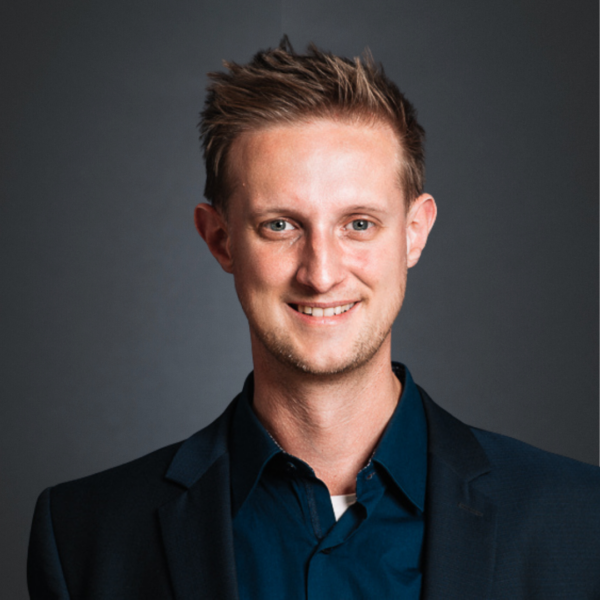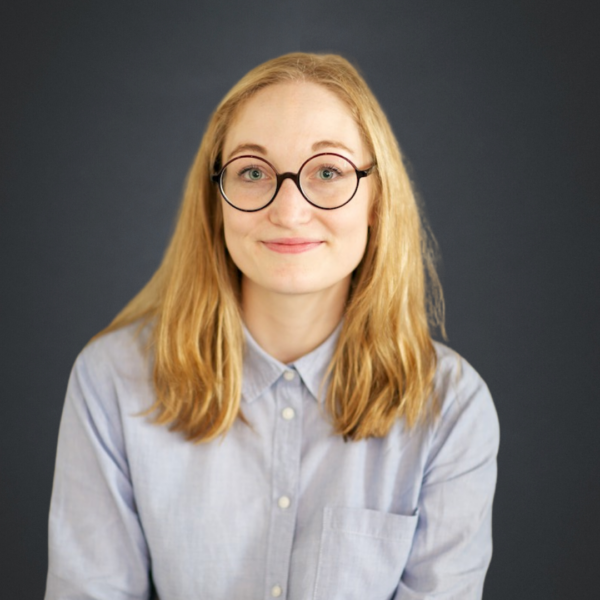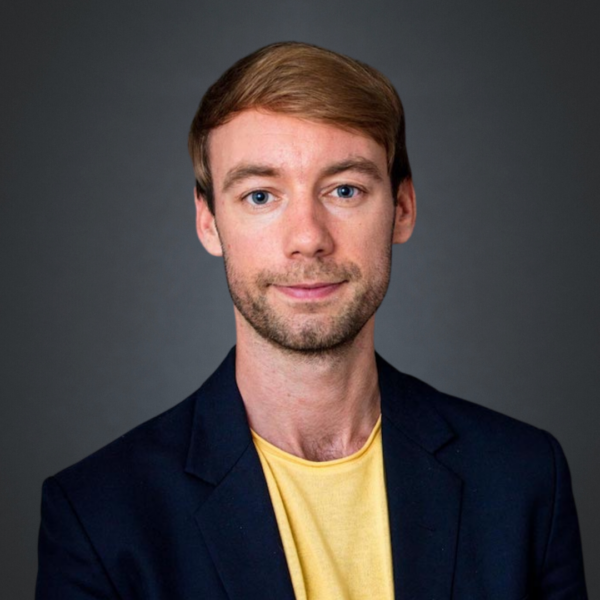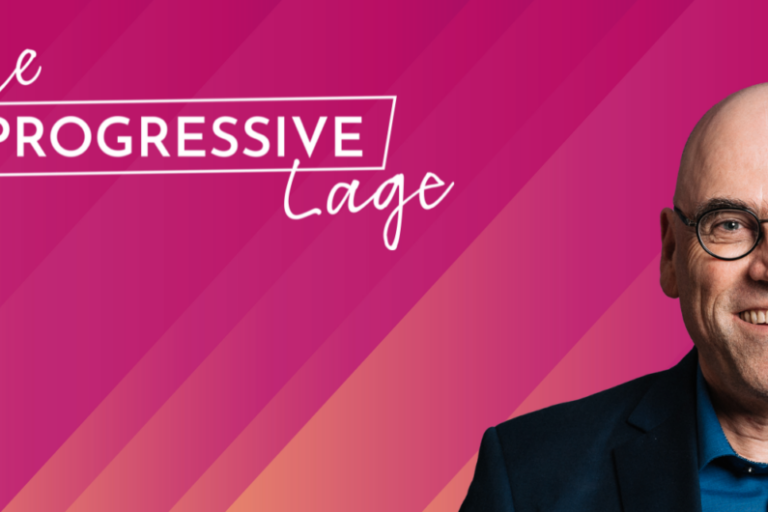Sophie Pornschlegel and Robert Schütte explain what the coalition dispute in Germany means on a national and European level in interviews with the BBC and the Spanish newspaper “La Razón.“ Johannes Hillje discusses political ‘framing’ in three major news outlets, pointing out the dangers of expressions like “transit centres” and “asylum tourism.” And Fedor Ruhose explains how established parties should compete against their right-wing populist contestants in this year’s regional elections in an op-ed in “Frankfurter Rundschau.”
Coalition dispute
Policy Fellow Sophie Pornschlegel explains in the BBC World Business Report how German interior minister Horst Seehofer’s challenge to Chancellor Angela Merkel concerning asylum policy unfolded into a full-blown governmental crisis to an international audience.
You can listen to her analysis here.
Policy Fellow Robert Schütte commented on the consequences of the Bavarian rebellion for the Spanish daily La Razón. The demands of Seehofer’s CSU party are endemic for a continuous shift towards the right in the state. However, if the party decides to dissolve its union with Merkel’s CDU, it risks losing its grip on power both in Berlin and in Munich. Read his interview here (in Spanish).
Also in La Razón, Sophie Pornschlegel looks at the scenario of Seehofer’s potential resignation. You can read her interview here (in Spanish).
Political Framing
The concept of “framing” in political analysis describes how subtext is created in political language in order to carry certain messages, and to suggest simple solutions by playing with the associations language evokes.
Policy Fellow Johannes Hillje put the topic on the national media’s agenda, commenting on the use of framing in the recent migration debate.
Writing for Süddeutsche Zeitung, he explains the origins of the expression “master plan”, as famously used by Horst Seehofer with his “Masterplan Migration”, and why it creates false aspirations (in German).
Countering the AfD in regional elections
Policy Fellow Fedor Ruhose commented on the presumptive strategy of the far-right Alternative for Germany in the upcoming regional elections in Bavaria and Hesse in Frankfurter Rundschau. Read his op-ed on how established parties should position themselves to get ready for the game here (in German).


